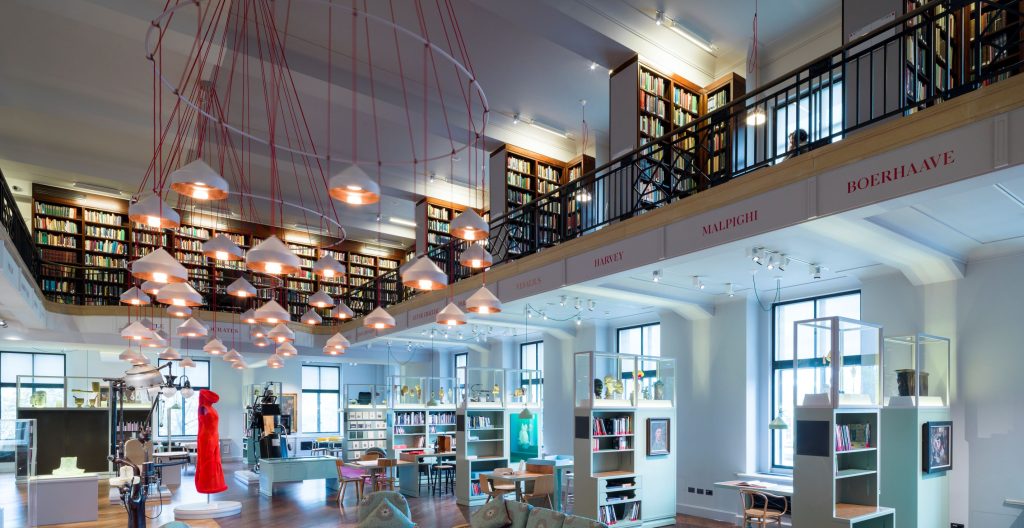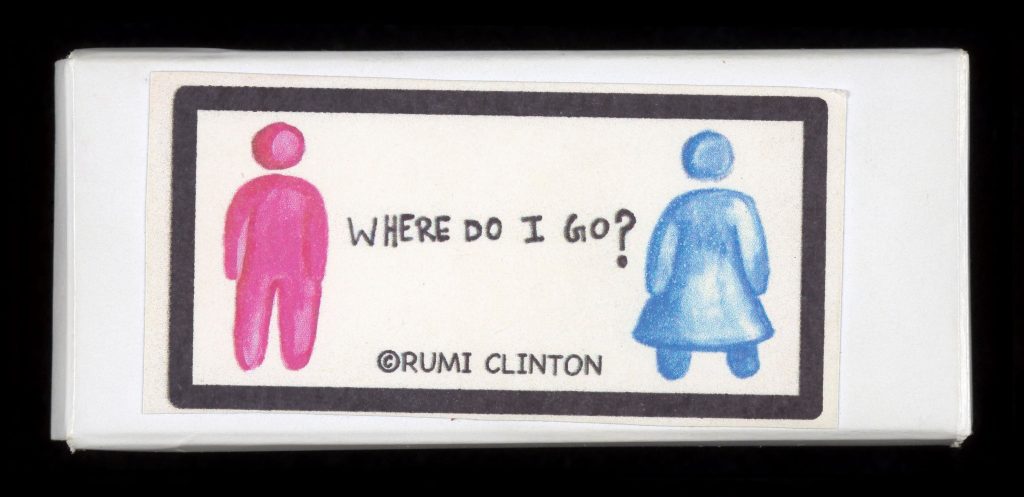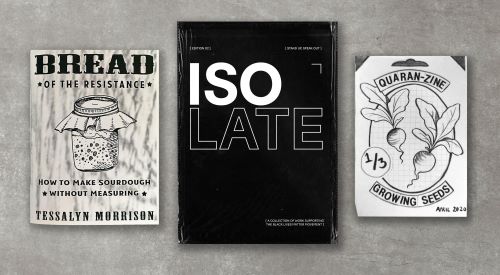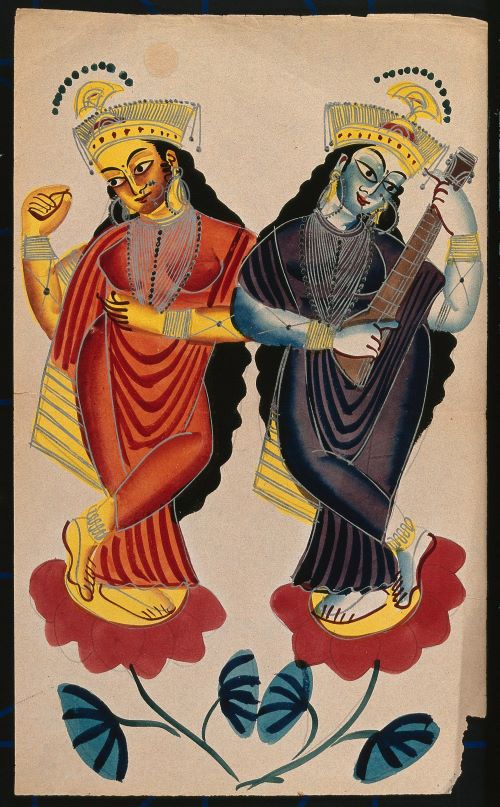Library of the Week: 16th May: This week we have the incredible Wellcome Collection! Find out more in this brilliant post by Victoria Webb (Librarian) which showcases some of the amazing work of the Wellcome Collection.
Wellcome Collection is a free museum and library that aims to explore our understanding of health. Providing a space, both physical and digital, to think about the interactions between science, medicine, society, and art – how they shape our lives, how we think about health, and what we consider health to be.
To give you the whole picture, Wellcome Collection is part of Wellcome, a global charitable foundation that supports science to solve health challenges facing everyone.

But what makes up Wellcome Collection? Beyond the exhibition spaces, events, and online stories, at our heart we are a Collection. Of books, journals, manuscripts, archives of individuals and organisations, films, audio recordings, ephemera, and art (paintings, prints, drawings, photographs, etc.). Yes, like all collections the variety is huge; discovering the unknown, or the known but still fascinating, beautiful, or challenging, is what draws you in.
Recent acquisitions have brought new perspectives to the collection, like the young but growing collection of Artists’ Books. Illustrated here is Rumi Clinton’s ‘Where do I go?’, a simply produced book that highlights the issues faced by transgender people when using a public toilet.

The Artists’ Books offer a chance to uncover views of life and health away from the confines of the standard published volumes the library holds. For example, Alexandra Georgiou’s books created from textiles explore the impact of cancer on her body, whereas Amanda Couch’s ‘Entrail troyen’ encourages the viewer to confront how we view our intestines. ‘The/rapist’ by Maureen Cummins looks at the history of psychosurgery and the career of Dr Walter Freeman. Made from aluminium, the physicality of the book – it’s cold, hard state – brings home the brutality of his practice.
Like the Artists’ books, the Zines provide the perfect medium for exploring experiences of health, often exposing inequalities in society. Built up since 2016 by Librarians Nic Cook and Loesja Vigour, the collection is strong on mental health, emotions, women’s health, sexuality, trans health, neurodivergence and disability.

It was this kind of publication that was the perfect medium for the pandemic. The DIY nature of zines meant people could continue to produce them, recording their experiences of Covid-19 – pandemic life, lockdown practicalities, acts of self-care, and remote acts of love. Zines offered an accessible format to document health disparities and the under-represented voices that became more apparent during the pandemic. They proved an almost instant way to bring those voices into our collection, ahead of the formal voices found in published books and journals which take longer to make it from creation to publication.
The health experiences that formats such as Zines are able to easily depict can be harder to trace in the more established parts of the Collection. Conversations around social justice are helping us to explore Wellcome Collection, how is it presented, what stories are hidden, and which are absent altogether. Along with the GLAM sector we are conscious of the need to understand and acknowledge the colonial roots of the Collection.
Its origins stem from the prodigious collecting habits of Sir Henry Wellcome, whose wealth was built on pharmaceuticals. From the 1890s he collected books, manuscripts, art, and objects for the Wellcome Historical Medical Museum and Library. By his death in 1936 the collection was vast, and many of the objects were dispersed to other museums. However, the books, manuscripts and artworks were retained and have continued to be added to. To pinpoint the subject coverage is hard; ‘the history of medicine’ is an easy phrase to assume, but the scope has always been much broader. And health, like life, depends on so many variables – the collection provides an insight into that variety.
As well as describing and documenting the collections we hold, the Collections Information team responds to enquiries about the collection – it’s an immersive journey in learning about the objects and collection. To give you an idea, recently I’ve dealt with a depiction of fitting dentures in 18th century Britain, information on a plan of the solar system to accompany an orchestral piece at the Royal Albert Hall, and the recognition of disability within the considerable collection of AIDS posters we hold.
We regularly update our catalogue records in response to knowledge from the public, like the previously unidentified Hindu goddesses in this Kalighat painting.

Enquiries have been an invaluable source of ideas for assessing how we catalogue items in our Visual collections. Questions around racist, offensive or ableist language are constantly shaping the way we work. In addition, dealing with legacy data, records in multiple systems and the need to reflect current information requirements, demands flexible thinking – we have developed a framework based on the principles of the VRA’s Cataloguing Cultural Collections to structure our catalogue data. If there are any libraries out there dealing with similar issues, I’d love to hear from you.
That’s a snapshot of what is happening in Wellcome Collection. Exploring the collection will reveal much more. I’ve only touched on the work we’re doing, if you’re interested to know more, drop us a line – collections@wellcomecollection.org
Victoria Webb – Librarian – Collections information
You can explore the library’s collections on Discover and find further contact details on their Discover information page.

